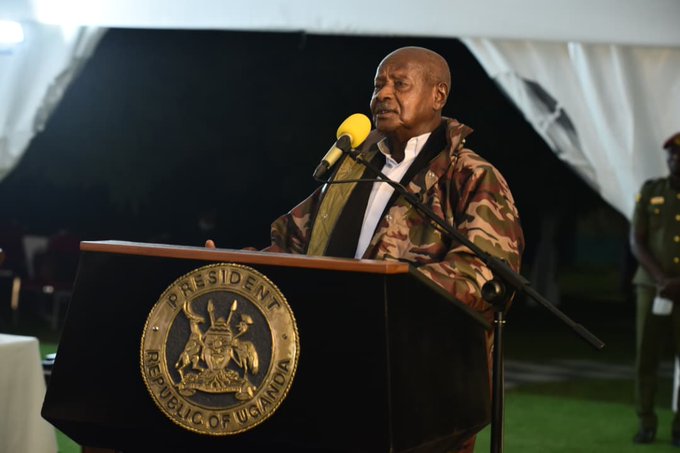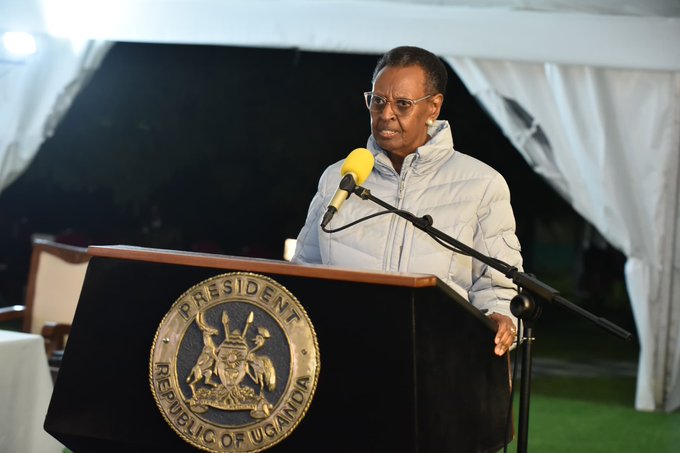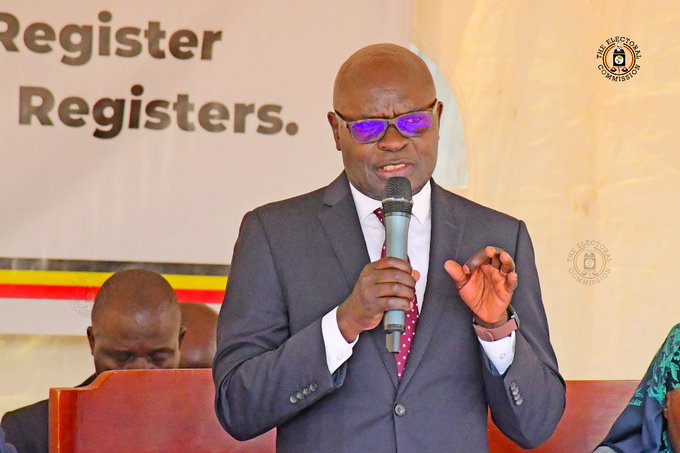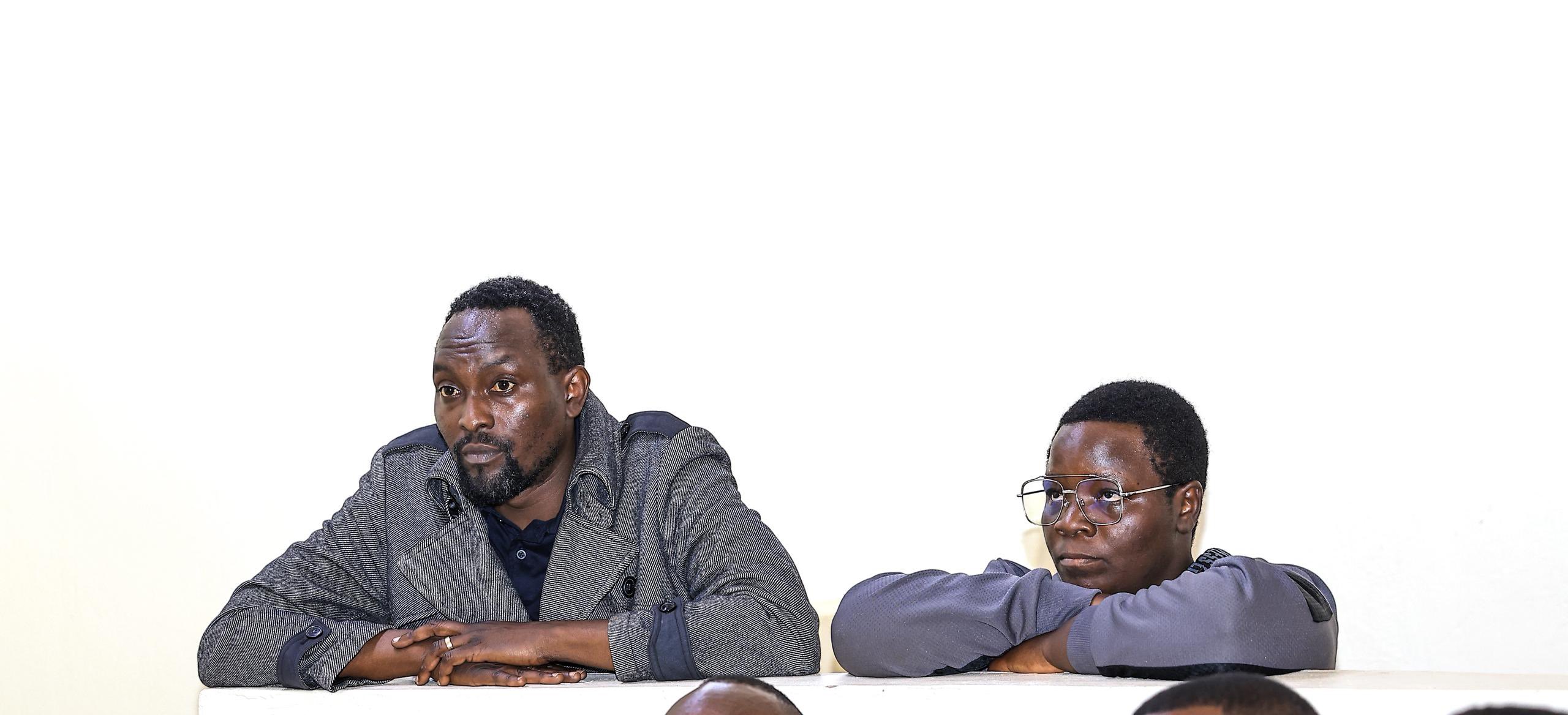CJ Owiny-Dollo calls for financial support to strengthen Uganda’s Judiciary
The Chief Justice also underscored ongoing efforts to streamline judicial processes through the integration of Information and Communication Technology (ICT).
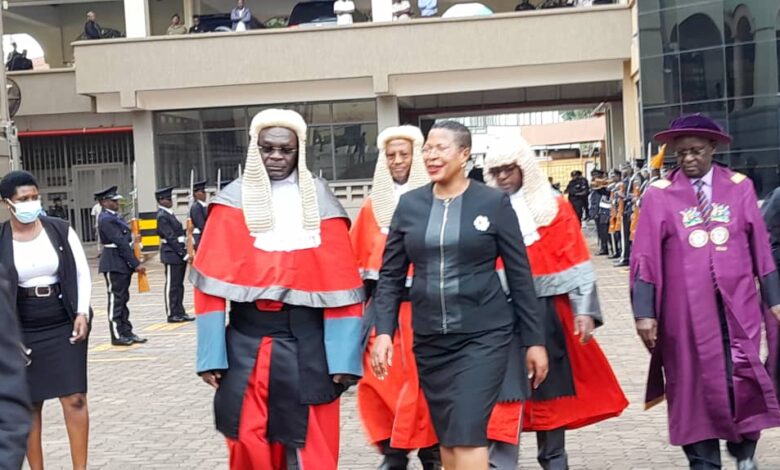
The Chief Justice of Uganda, Alfonse Owiny-Dollo, has made a passionate appeal for increased financial support to operationalise 38 newly gazetted High Court circuits, which he says are essential for improving access to justice across the nation.
Speaking at the 7th Chief Justice Benedicto Kiwanuka Memorial Lecture, held at the Judiciary headquarters in Kampala, Owiny-Dollo stressed that while structural progress has been made, financial backing remains a critical hurdle.
“Each district in Uganda has now been designated as a magisterial area,” Owiny-Dollo explained, adding that “every county or constituency has a Magistrate Grade One Court.”
Despite this progress, he warned that without sufficient funding, the courts cannot fully function.
“We need the resources to make these courts operational. Without adequate funding, these structures remain mere shells,” he noted.
The Chief Justice also underscored ongoing efforts to streamline judicial processes through the integration of Information and Communication Technology (ICT).
“We are committed to simplifying court procedures and leveraging ICT to ensure that justice is delivered swiftly and transparently,” he said.
One of the key innovations highlighted by Owiny-Dollo was the Electronic Court Case Management Information System (ECCMIS), which has drastically improved the way cases are handled.
“ECCMIS has been a game changer,” he stated. “It provides daily access to case files, boosts case disposal rates, and enables online payments, ensuring transparency in the process.”
He also pointed to other benefits, including enhanced security for court files and better communication between the courts and litigants through instant notifications.
Beyond technological improvements, the Chief Justice announced a stronger focus on Alternative Dispute Resolution (ADR) mechanisms.
“We are pursuing mediation, small claims courts, and plea bargaining as quicker and more flexible ways to deliver justice,” he said.
These initiatives, he explained, aim to relieve pressure on the formal court system while offering accessible justice options to citizens.
The Chief Justice praised partnerships that have strengthened these efforts, notably acknowledging support from Pepperdine University.
“Through this collaboration, retired judges and civil servants have been trained to assist in implementing these ADR mechanisms,” he added.
The event, which annually commemorates Uganda’s first Chief Justice, Benedicto Kiwanuka, attracted several high-profile figures. Speaker of Parliament Anita Annet Among, who served as the chief guest, lauded the judiciary’s efforts in reforming Uganda’s legal system.
“The work being done by the judiciary is commendable, but it needs our collective support to fully thrive,” she said, expressing a commitment to back these reforms.
As the judiciary pushes for greater efficiency and wider access to justice, Owiny-Dollo’s call for financial support underscores the ongoing challenges faced by Uganda’s legal system.
Nevertheless, the Chief Justice remains optimistic that with the necessary resources, the judiciary can continue to evolve and serve all citizens effectively.



